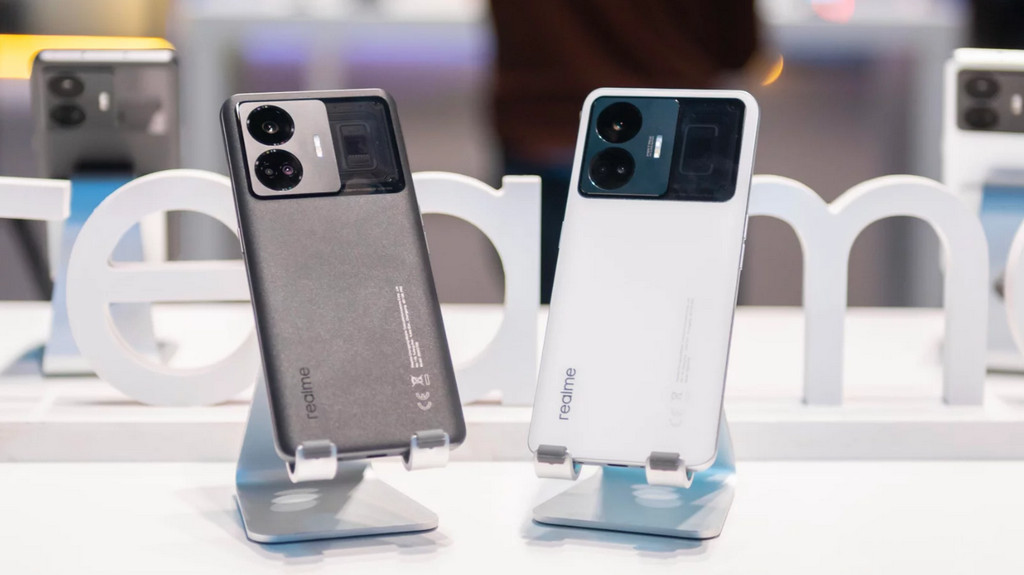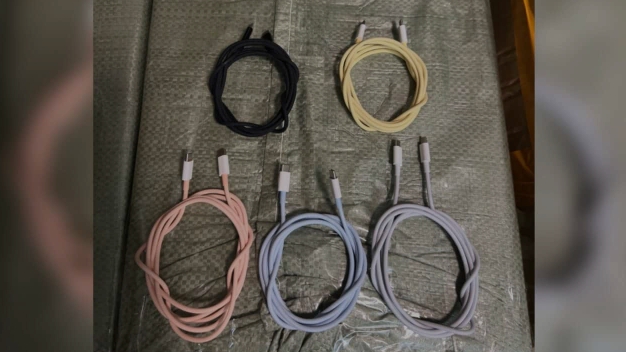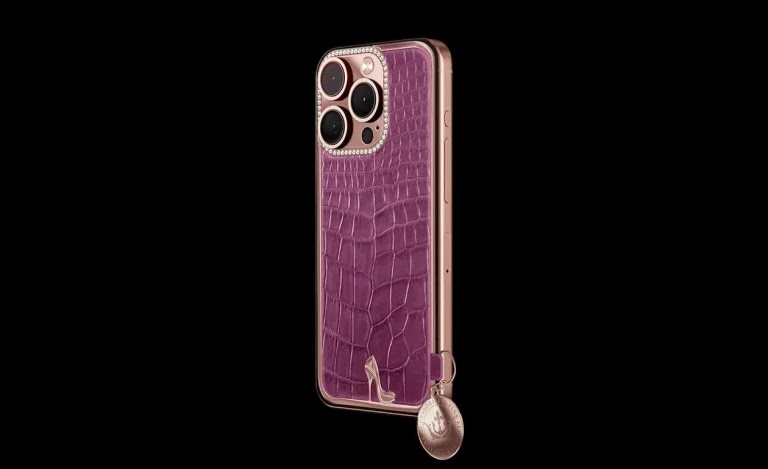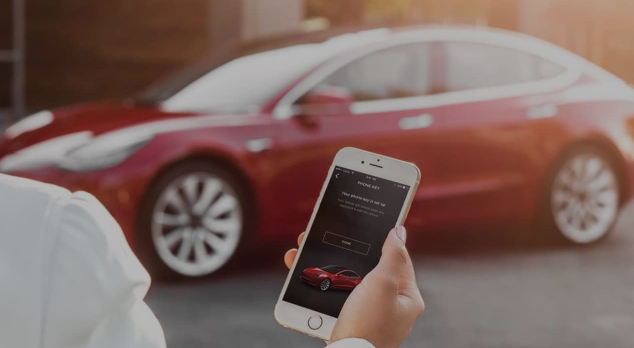Passionate About Making Folding Phones, Samsung Is Far Behind Apple And Sony In The Field Of AR/VR
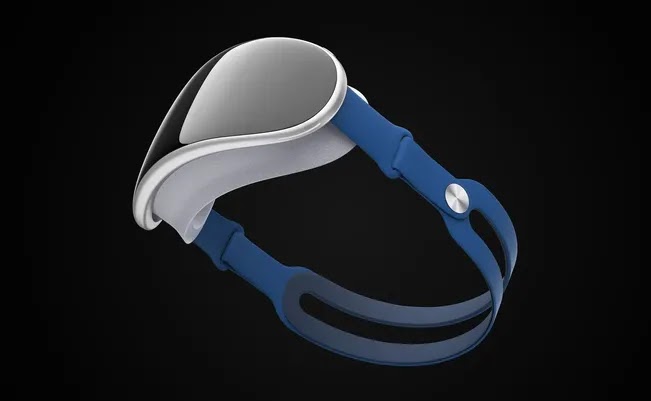
According to the daily newspaper The Korea Herald , Samsung has been far behind in the race of augmented reality (AR) and virtual reality (VR) devices, partly due to Samsung’s “obsession” with smartphones. foldable phone.
As the entire industry is investing huge resources into the future of technology, Samsung’s main competitors, including Apple, Microsoft, Meta and Sony, are all developing or already launching AR and VR devices. But the Korean company is still not clear whether it is actually developing these devices or not. Analyst Kim Gwang-soo at eBest Investment & Securities said:
“Big tech companies, not just smartphone makers, are looking to XR devices because they already have the necessary components and platforms. Google has Android, Microsoft has Xbox, Sony has PlayStation. It’s risky for Samsung to follow the XR device, because they have no choice but to fold a smartphone.”
The growth rate of Samsung’s smartphone business has slowed to only 0.9{9fa2ae831048424756faedea87f44870cd2ea6d09bcfab62eb5dabc6b233e172} per year, but the company still asserts the potential of folding screen devices to regain momentum. Samsung shareholders are concerned about this over-priority, as it distracts the company from competing in the AR/VR space.
Data shows that the market for AR and VR devices will grow tenfold over the next three years, reaching a value of $300 billion by 2024 supported by more than 70 million devices. In the long term, these devices are expected to partially replace computers and smartphones and become common IT devices. Specifically, Apple said it planned to replace the iPhone with AR and VR devices in the next 10 years.
Industry experts say that, even if Samsung develops its own AR/VR device, it still lacks the components and platforms to create a cohesive ecosystem that is attractive enough for users. use. In an effort to catch up with rivals in the AR and VR race, though belatedly, Samsung has invested in DigiLens, a startup specializing in the production of AR glasses in California.
To maintain its position, market observers warn that Samsung may need to find a partner that already has the necessary components and platforms in exchange for processor expertise, similar to relationship between Qualcomm and Microsoft. Based on the experience of developing specialized processors for AR/VR devices, Qualcomm has joined hands with Microsoft to penetrate this potential market.
Qualcomm is currently developing an AR processor specifically for Microsoft’s AR glasses, making the device thinner and lighter by reducing power consumption.
The Korea Herald also cited the announcements at CES 2022 about Sony’s PSVR2 and Panasonic’s MeganeX, to show the current gap between Samsung and the competition. Meanwhile, Meta is working on an advanced VR wearable with facial expression tracking sensors that is expected to launch this year.
Recently, Apple also plans to announce information about a device that combines AR and VR, as early as the end of this year. Equipped with the same processor as the M1 Pro, Sony’s Micro OLED 4K display, motion tracking and more. However, some recent information indicates that the launch schedule may be delayed until next year.
In the market, although Samsung can beat Apple with emerging technologies such as OLED screens and folding phones, it seems that the Korean corporation has no weapon to compete with AR / VR devices. of Apple when it officially launched. Microsoft and Sony are years ahead of them.

